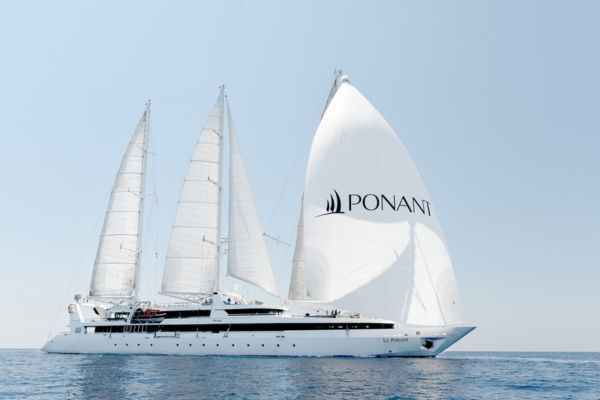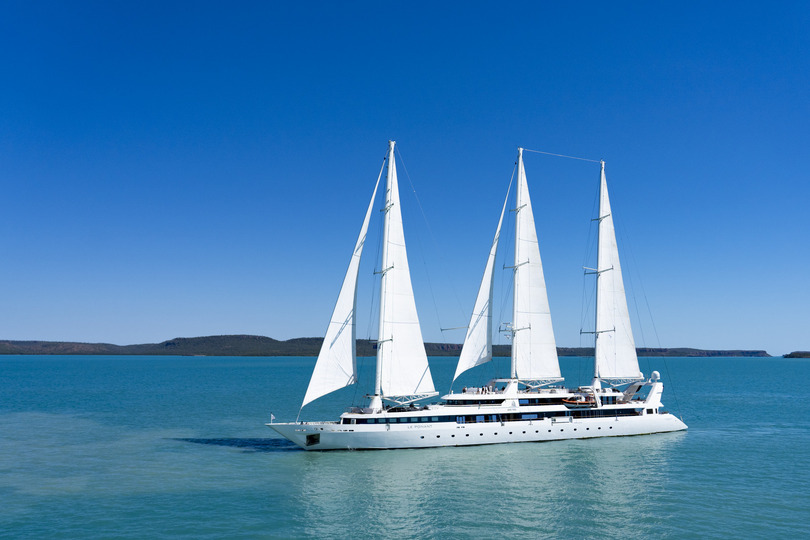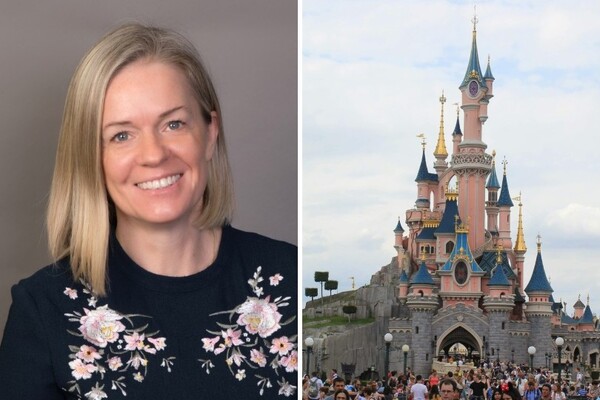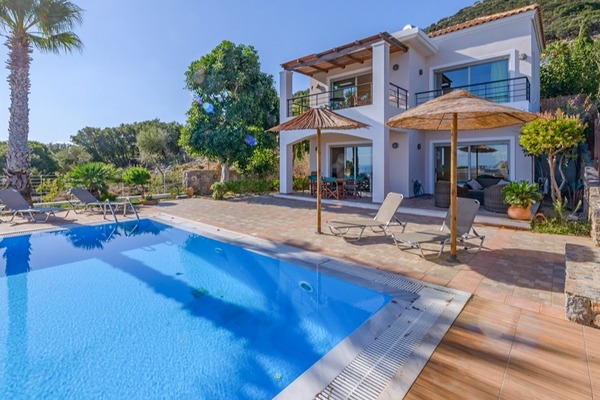Ponant reveals plans to downsize ahead of move to ‘slow cruising’
The French cruise line says the changes will bring it closer to its goal of becoming a zero-emissions luxury brand.

Ponant has shared its plans to move towards ‘slow cruising’ with smaller ships, as part of its ongoing commitment to responsible tourism.
The update comes just a few months after the luxury French cruise line achieved Green Globe certification, an international standard for sustainability in the travel industry.
The award recognized several measures taken by Ponant to reduce its environmental impact, including the elimination of single-use plastics, the installation of the Nordaq filtration system, and the move to low-sulphur gas. It also uses the shore-to-ship power connections in ports, to reduce its carbon emission footprint when docked.
Ponant is now on a mission to elevate its environmental credentials even further; and that starts with making big changes to its business model.
Wassim Daoud, head of sustainability and CSR (Corporate Social Responsibility) at Ponant, says that the company is looking to “limit the number of guests on its ships to under 200.” Currently, its smallest vessel has just 16 cabins with a capacity of 32 guests, while its largest can host up to 300. This makes it one of the smallest cruise ships in the world; a title it wears proudly. Daoud explains that Ponant has no intentions of increasing its size, but rather, is aiming to lower its capacity even more.
“And for our zero emissions ship, which we are designing currently, we’d like less than 120 passengers,” he reveals. Expected in time for the EU’s new regulations for the cruise sector in 2030, this ship will combine six new technologies - including a wind-powered sail system and a bespoke energy management system - as part of its carbon neutrality goal.
Slow-cruising
Ponant will also be moving towards a ‘slow-cruising’ business model, in line with its commitment to reducing its carbon footprint.
Cruise ships burn less fuel per mile when the vessel travels at a slower speed, which in practice, will mean more time on sea and port stops. This policy is something Ponant has already been implementing; it currently reduces its speed to ten knots when sailing near populated areas, to decrease the level of noise, air and water pollution to the local community.
“It’s our challenge now to adapt our itineraries, including the speed of the cruise to make it slower,” Daoud explains, before adding that although there will be “less ports” in future Ponant sailings, guests will have more time to spend in each destination. “The cruise business model is quite the same in a lot of companies,” he says. “It’s often one stop a day. But we are the opposite of the lines with huge cruise ships.”
As of right now, Daoud is focused on securing the best technology to propel the company closer to its zero-emissions goal.
“The issue, at the moment, is finding the right technology, rather than the cost of it,” Daodu says. “There’s a limited quantity of hydrogen for ships; it’s more available for road vehicles. However, there are important projects in Europe to build the capacity for hydrogen production.”















